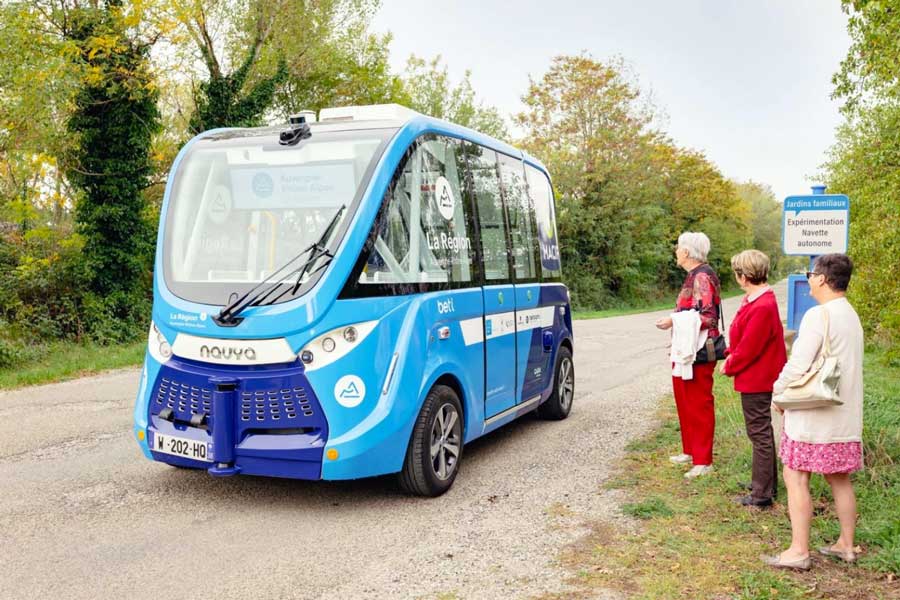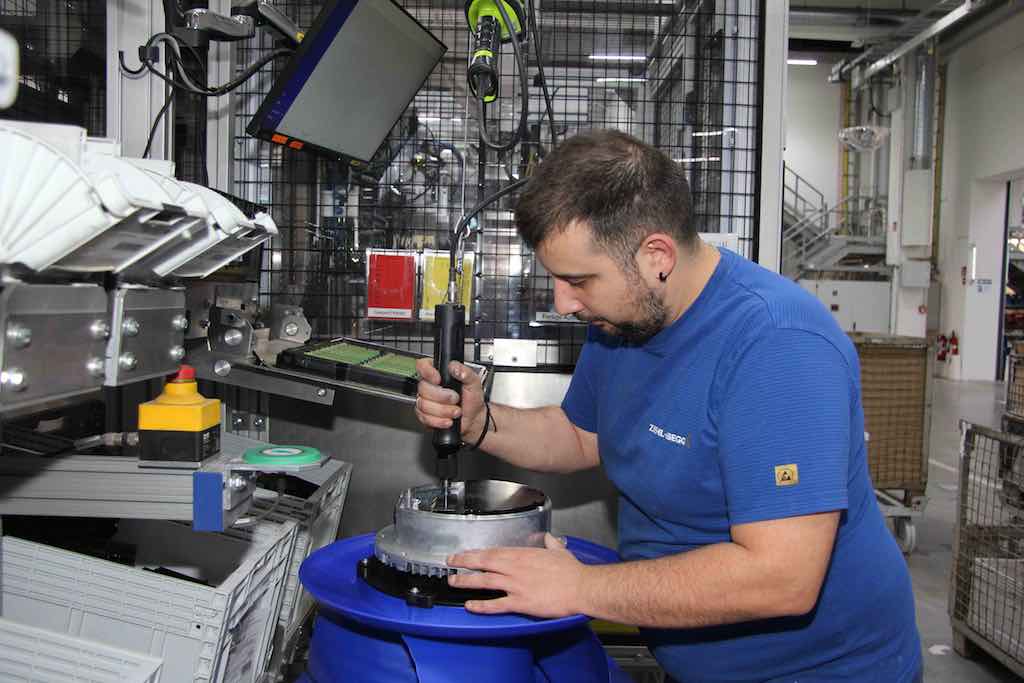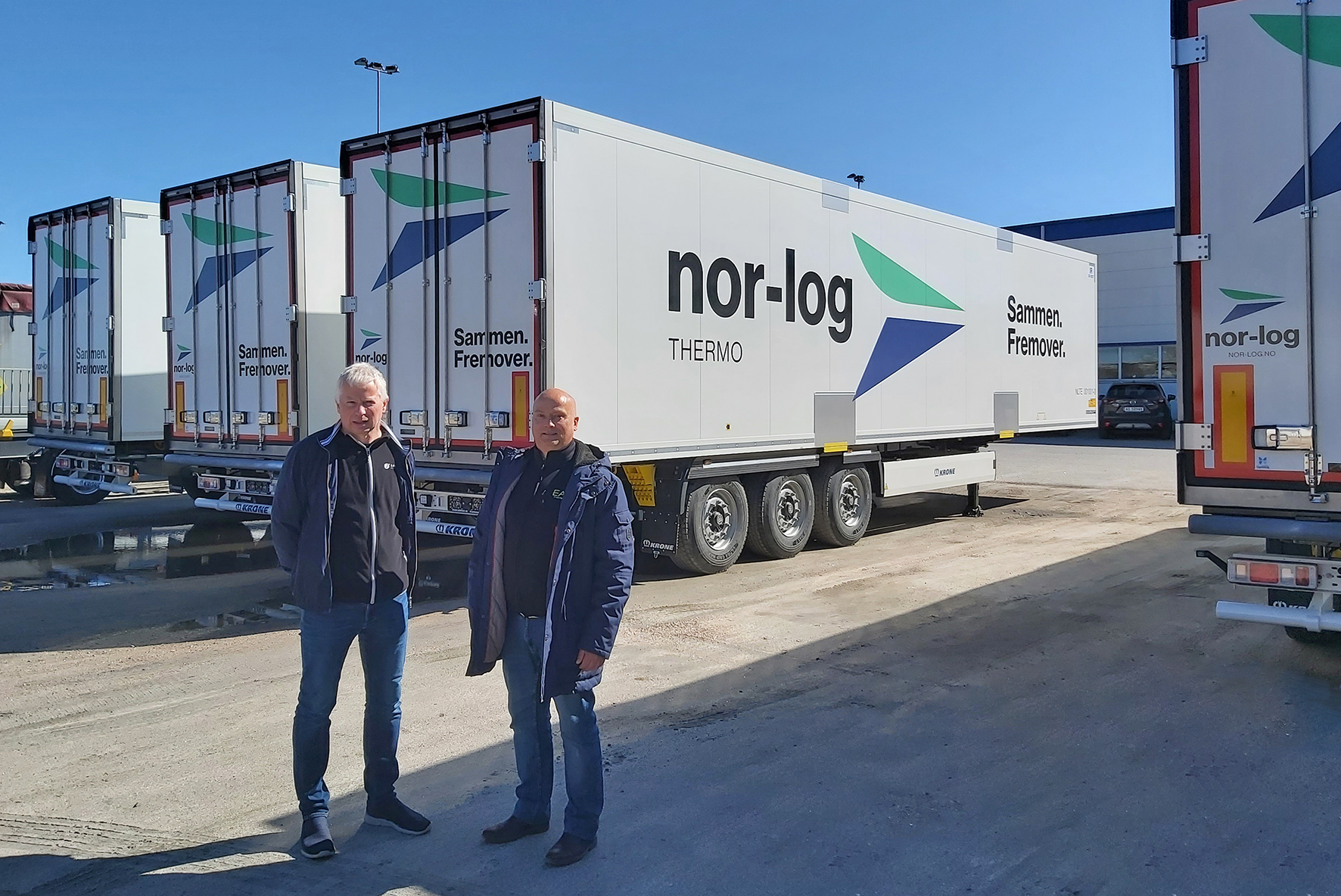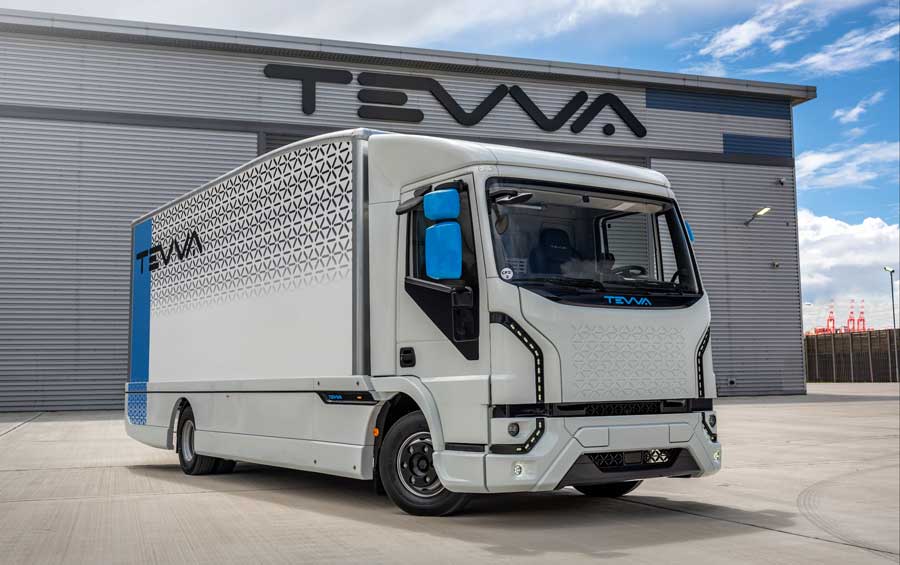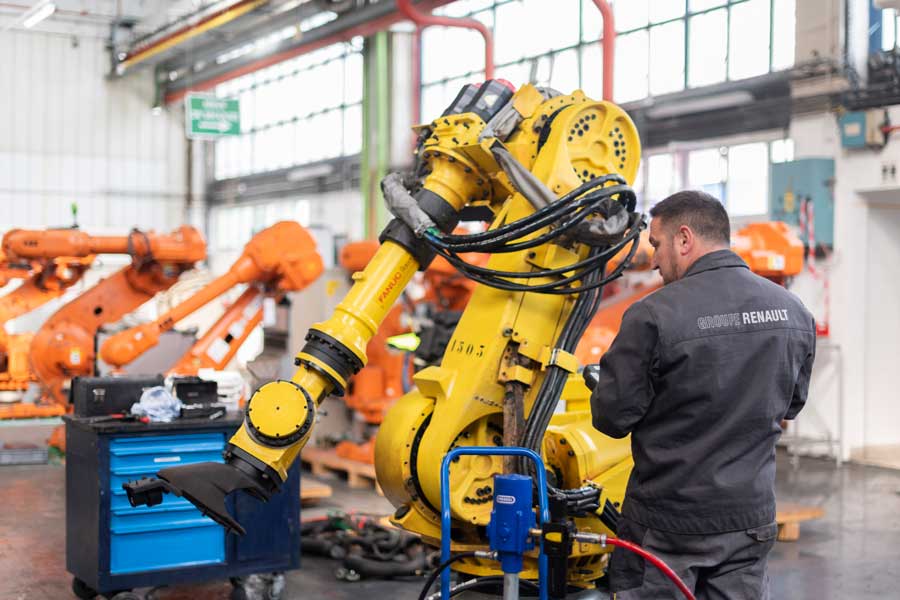beti, Macif, NAVYA (FR0013018041- Navya) and VINCI Construction through its subsidiary SVMS, have been awarded the Automated Road Mobility tender (Appel à Projets Mobilités Routières Automatisées) launched by the French government as part of its 4th Investment of the Future Program (PIA4) – France 2030.
The tender was launched in response to the fact that 85% of the rural population of France does not have direct access to public transportation. The consortium made up of beti, Macif, NAVYA and VINCI Construction aims to provide a concrete solution to the challenges involved in providing inclusive mobility to people and goods in rural areas.
Seven automated vehicles, four of which will be driverless, will be rolled out in France for the first time.
The joint project will provide the Crest Val de Drôme rural area with an Inclusive Automated Mobility Network (Réseau Inclusif de Mobilité Automatisé or RIMA), which consists of seven self-driving shuttles deployed over a route of 50 km2.
The members of the consortium will pool their skills to deliver a turnkey solution which covers developing self-driving shuttles, building the infrastructure and operating the service to meet the needs and expectations of the end users and stakeholders, including the local communities, companies, associations, inhabitants and users.
beti, an automated mobility network operator specializing in tourist zones and rural areas, will be in charge of acquiring and operating the vehicle fleet.
The MACIF, a leading mutual insurance company for mobility and top French car insurance provider(1), has been leading the Movin’On ecosystem since 2019. It consists of a community of interest dedicated to self-driving vehicles that brings together 12 companies(2) that have been working together for the last three years on the principle “autonomy for all and mobility for all via the shared self-driving shuttle“. The MACIF’s role in the RIMA project will be to insure the shuttles and to analyze the acceptability level of the driverless network.
Navya, a global autonomous mobility systems leader, will provide the beti shuttles equipped with Navya Drive autonomous driving packs and supervise putting them into service.
VINCI Construction‘s subsidiary SVMS (Signature Vertical & Mobility Solutions) will be in charge of engineering, production and the maintenance of infrastructure and road signs.
A fundamental necessity confirmed by a special study carried out by the community of interest dedicated to self-driving vehicles within the framework of the Movin’On ecosystem set up by the Macif
The study, carried out in 2021 with 1,090 respondents drawn from local officials, demonstrates the advantage of shared autonomous mobility serving rural and peri-urban areas which do not have access to public transportation. As the only means of locomotion remains all too often the private car, the self-driving shuttle will provide a concrete mobility solution to those people who have been neglected up until now, while helping to alleviate social and regional divides.
From trial to large-scale pilot project
The RIMA project is the continuation of the trials that were carried out jointly by beti, Navya and VINCI’s subsidiary Eurovia in 2020 and 2021 in Val de Drôme, when a self-driving shuttle was deployed over a route of 9.6 km between Crest railroad station and the Val de Drôme Ecosite.
Four types of mobility will be offered to sustain the sparsely populated region economically and to provide a service to its inhabitants:
Daily mobility,
Health-based mobility,
Inclusive mobility,
Tourism-based mobility.
Benjamin Beaudet, Managing Director of beti: “As a leading partner in the RIMA project, beti is particularly proud to be a part of the upswing in autonomous mobility for all and to be able to bring about its vision of mobility in a rural setting. Our ambition is to attract people and businesses back the regions by introducing innovative mobility solutions that integrate seamlessly in the existing road networks, while providing a service. Autonomous mobility will also combat insecurity in terms of access to public services, employment, culture and shopping, which has always been our driving force. Along with our partners, who are all well known for their commitment to sustainable, shared and inclusive mobility, we will apply ourselves with professionalism and passion to prove that autonomous mobility has a guaranteed future in the regions.”
Jean-Philippe Dogneton, CEO of the Macif: “As the mutualist partner for all types of mobility, we keep a watchful eye on the development of use cases and evolving needs. The MACIF will support the large scale development of autonomous mobility in rural areas, while promoting French excellence. As a member of the consortium behind RIMA and in line with the objectives of the PIA4, one of the key values of the MACIF is its solid commitment to the common good. We express it by contributing to autonomous mobility everywhere and for everyone, taking into account the needs specific to rural areas and their inhabitants. If the new types of mobility bring about equality between urban zones and rural areas, this will also result in national sovereignty in these ecosystems.”
Sophie Desormière, CEO of NAVYA: “Mobility is a universal fundamental right and it’s essential that the transition toward sustainable models fosters progress that is not only environmental but also societal. Envisioning the future of mobility means adopting a solution that is green, shared and inclusive. 85% of the rural population of France has no other choice but to use their private cars to get about. With self-driving shuttles we are now in a position to provide a tangible alternative to solo driving, not only in towns, but also in rural areas, and this is what we intend to demonstrate with our partners beti, MACIF and VINCI Construction via the RIMA project. The objective shared by each member of the consortium is to roll out 15 automated vehicles by 2025, providing an innovative mobility experience to 50,000 plus inhabitants of the three community groupings situated in the Valley of the Drôme.”
François Chevallier, CEO of SVMS: “SVMS’s vocation within VINCI Construction is to provide urban and open road journeys with ever more safety, fluidity and comfort, and this is precisely what we mean to deliver within the framework of the RIMA project. As mobility continues to evolve in an overall context of ever more connected intermodality, SVMS needs to be at the heart of the most innovative projects like autonomous mobility. We have a clear role to play in the management and supervision of road infrastructure and are pleased to contribute to the upswing in new types of mobility by lending our expertise to automated driving systems and the comfort of their users”.
(1) Leading insurance company in 2021 in number of automobile contracts in France.
(2) The autonomous vehicle community of interest initiated by Macif includes 12 companies: beti, BNP Paribas Cardif, Forvia, Kantar, MACIF, MAIF, Michelin, Microsoft, NAVYA, Orange, SNCF et VINCI.
beti, Macif, NAVYA and VINCI Construction through its subsidiary SVMS, have been awarded the Automated Road Mobility tender (Appel à Projets Mobilités Routières Automatisées) launched by the French government as part of its 4th Investment of the Future Program (PIA4) – France 2030.


